#EmergingMarkets
As Pickups Grow in Popularity in China, GM Eyes a Major Role
The General Motors name might be synonymous with SUVs and pickups in North America, especially after the automaker’s recent passenger car cull, but the Chinese market mostly associates it with SUVs and a bevy of cars. GM apparently wants that to change.
Government documents reveal The General is interested in getting the go-ahead for a Chinese-market pickup.
Ford-Mahindra Joint Venture Is a Go
Eager to avoid further losses in the growth-primed Indian market, Ford has sealed a deal with an automaker that knows its way around the subcontinent: Mahindra & Mahindra.
Originally a partner when Ford cast its line back into India in the 1990s, the two automakers drifted apart, only to grow chummier when Ford’s global streamlining efforts took root. An alliance sprung up in 2017. Now, Mahindra will hold a controlling stake in the new JV, with Ford owning a 49-percent share of the business (while retaining full ownership of the Ford brand). Boosted market share and joint vehicle development tops the Blue Oval’s hopes, and you can bet that new SUVs are on the way.
Three SUVs, to be exact, including a new midsize model that’s all Mahindra underneath.
Is Europe Saving the Mustang? Well, Not Exactly
The Ford Mustang grabbed its passport and went overseas in 2015, crossing border after border as its parent company followed through on a plan to plunder (and grow) the right-hand-drive sports car market. Customers in Europe and China finally got a taste of pony car action as Mustang sales expanded to over 140 countries.
At home, the Mustang remains a strong seller, but the market’s growing distaste for passenger cars means even rear-drive coupes and convertibles with a storied heritage aren’t immune to volume loss. After reaching a post-recession U.S. sales high of 122,349 cars in 2015, Mustang sales fell to 81,866 units last year. Volume over the first two months of 2018 is down 21.1 percent over the same period last year.
Not to worry — the Mustang’s European popularity is keeping executives in Dearborn happy, right? Well, European customers help, but they’re far from the model’s savior. Especially if they stop buying.
Seeking Global Domination, Nissan Hunts New Markets for the Leaf
After becoming something close to a joke over the past couple of years, the once-groundbreaking Nissan Leaf enters 2018 with a new skin, larger battery, and enhanced range. Next year brings an optional battery upgrade, finally giving the five-door EV a range capable of challenging Tesla and General Motors.
Now that it has a competitive vehicle positioned as a value pick in a growing segment, Nissan wants everyone to get a chance to buy one, no matter where they live. It may have shied away from sales targets in the U.S., but Nissan’s not dialing back its global ambitions.
More Korean Crossovers? Ssangyong Isn't Giving Up on the United States
Hyundai and Kia did it, so why not Ssangyong? The India-owned Korean automaker has been itching to expand its horizons for years, but tentative plans to invade the Chinese car market have fallen victim to bad timing and geopolitics. Now, the company’s board is weighing a U.S. entry.
It’s not the first time Ssangyong Motor, owned by Mahindra & Mahindra, has eyed the United States for a big volume boost. Early last year, the automaker and its parent company temporarily shelved a proposed 2019 U.S. expansion plan, with Ssangyong’s CEO warning it could “make or break” the company.
Well, the idea’s back. With Ssangyong eager to land on American shores by 2020, a new report says the company has already made its decision.
Made for America, the Nissan Titan Expands Its Horizons
In terms of monthly U.S. sales, Nissan’s line of Titan pickups ended September in the number nine spot, ahead of the midsize GMC Canyon but behind its own paleolithic Frontier. While the 3,773 Titan and Titan XDs sold last month represent a tiny fraction of the 82,302 Ford F-Series models sold in the same time frame, it’s still a 52-percent increase from the same month in 2016.
Year-to-date, however, Titan sales are up 224 percent in the United States. That’s enough to get Nissan thinking about the pickup’s potential in markets not dominated by tried-and-true nameplates from the Detroit Three.
It seems Nissan’s planning to seize some ground for itself on fertile — but traditionally unfriendly — terrain. Looking back, the looming push was obvious.
Reality Czech: If You're Waiting for Skodas in America, Prepare to Wait Even Longer
Nothing stirs up enthusiasts and cynics quite like the potential launch of a new brand in the United States. Over the past several years, we’ve reported on the motions being made by established European players eager for a thin wedge of the country’s huge car-buying pie — players like PSA group, which is now in the early days of a decade-long return to the U.S. marketplace.
Less exciting, especially considering the level of zeal expressed for quirky French cars, is the rumored emergence of the Skoda brand on this side of the Atlantic. Once a lesser player in the Volkswagen Group fold, the Czech automaker is enjoying huge sales increases. There’s a diverse lineup of vehicles, including a seemingly made-for-America SUV, the Kodiaq. The brand even filed trademark applications for model names.
So, should we expect a go-ahead decision in the months ahead, like the brand’s leadership hinted at last year? Nope. Skoda has better things to do.
Ghosn Wants a Better Mitsubishi, Not a Merger With Nissan
Carlos Ghosn, the CEO for both Nissan and Mitsubishi Motors, says a full merger between the two automakers is out of the question. Instead, he wants Mitsubishi to get its act together and strengthen the greater alliance, which also includes Renault. Nissan purchased a controlling stake in Mitsubishi for $2.3 billion in 2016 after the smaller automaker weathered years of profitability issues and admitted to posting misleading fuel economy estimates.
While Ghosn agrees that Mitsubishi and Nissan should co-develop a select number of vehicles, he wants to help the brand bring itself back from the brink by focusing on its strengths and fixing its weaknesses.
“A full merger is not on the table. We want Mitsubishi to reform itself,” said said at the opening ceremony for a new Mitsubishi factory in Jakarta on Tuesday.
Lexus Sees Fertile Ground in India, Launches Trio of Models
After being knocked off the top perch of the “fastest growing economy” podium in 2016, India is expected to return to the Number One spot both this year and next. The world’s second most populous country has seen average per-capita incomes rise to record levels and, while the average only amounts to $1,500 greenbacks, India’s well-to-do class is thriving.
For automakers, the untapped Indian market offers big potential. The latest to the game: Lexus, which arrived today to offer citizens something better than just a Camry.
Ssangyong Hopes to Inject More Mediocre Crossovers Into the U.S. Market
America’s unhealthy obsession with crossover vehicles has led to Ssangyong Motor Company’s decision to enter the U.S. market by 2020.
The Korean manufacturer has hinted at, and even announced, plans to come to America before with no resulting action. This time, things seem a little more realistic, with Automotive News reporting that the company is designating two small SUVs for the United States — the Tivoli and Korando — and giving itself a slightly longer timeline.
Marchionne Straddles the World, Shouting 'Jeeps for Everyone!'
The Jeep brand is Fiat-Chrysler’s biggest money maker, so it’s no wonder that CEO Sergio Marchionne is scattering factories around the world like a sailor’s offspring.
The company’s head honcho outlined his business plan for the brand in an interview published by Automotive News, and it involves no longer having to make a “Sophie’s Choice” decision with Jeep output.
GM to Develop Global Car With China-based SAIC Motors
General Motors will invest $5 billion to build a global line of cars with Shanghai-based SAIC Motors that will be sold in Brazil, China and other emerging markets, the automaker announced Tuesday.
The cars won’t be sold in the United States, according to the statement.
The global vehicles will go on sale starting in 2019 and the automaker expects the line to eventually produce roughly 2 million cars annually.
Editorial: Cuba And The Axis Of Emerging Markets
A year ago, TTAC broke news of back channel overtures being made towards Iran on behalf of General Motors. A number of Chevrolet Camaro Convertibles made their way to Iran via a complicated logistics network and the importations were of dubious legality. But the event highlighted a sentiment in the auto industry that few are willing to openly discuss: the BRIC countries, once the darlings of the emerging markets, have already been exhausted. The search for new markets is on, and that means places like Africa and Iran. And Cuba could be next.
Datsun Go Fails Global NCAP Crash Test
The Datsun Go was awarded zero stars in the global NCAP (New Car Assessment Program) for vehicle safety. NCAP says that “The zero-star result highlights the need for India to introduce minimum crash safety regulations.”
Datsun Unveils Mi-DO Hatch At 2014 Automechanika Moscow
Nissan’s emerging-market brand Datsun unveiled its newest addition to its burgeoning lineup at the 2014 Automechanika Moscow show: The mi-DO.





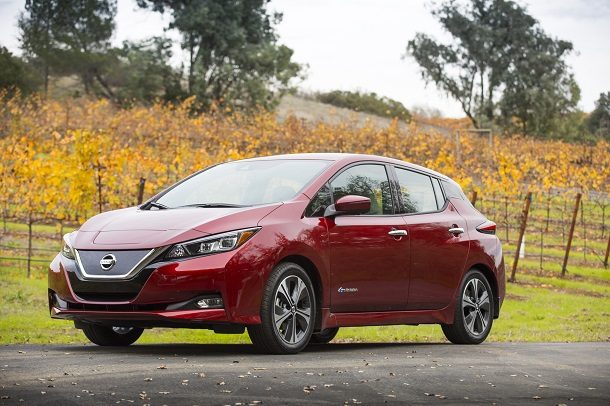
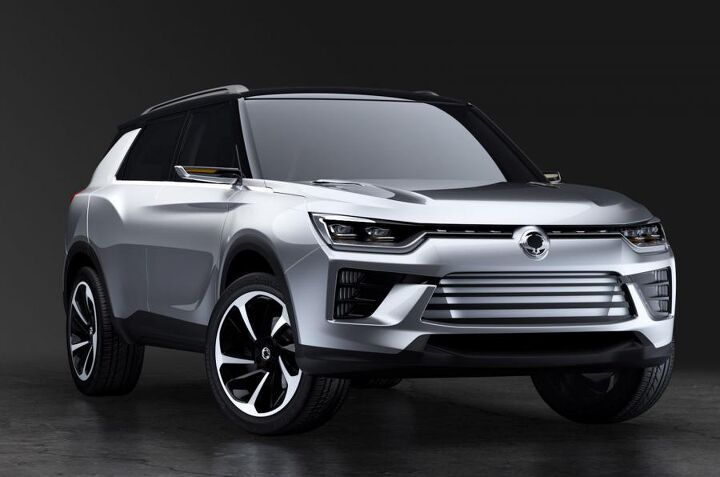
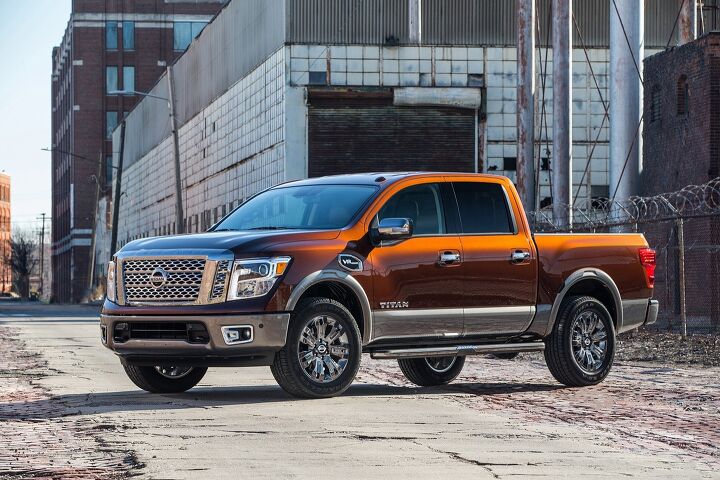


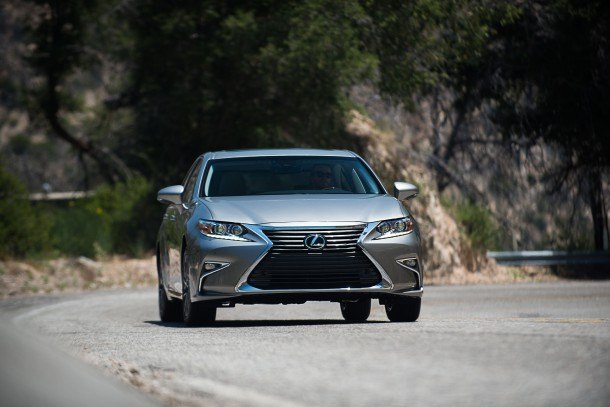
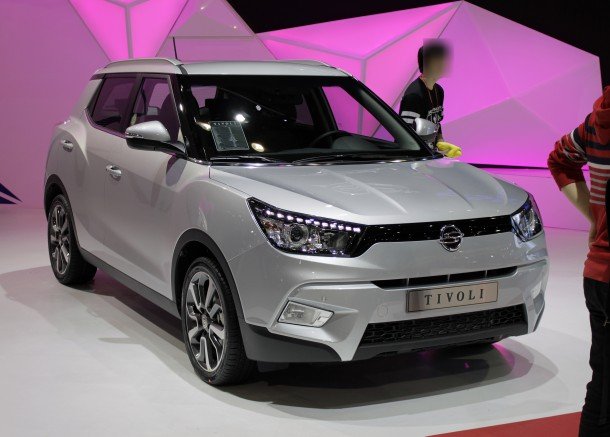
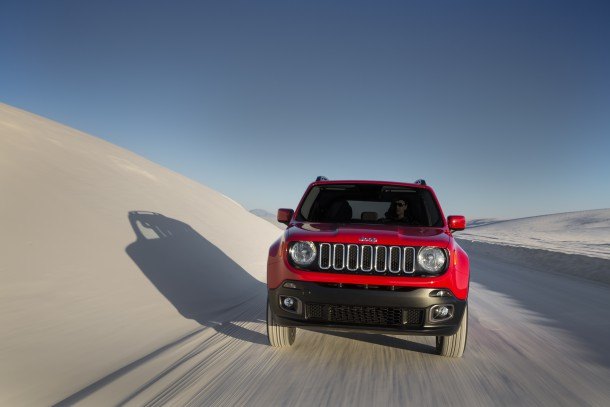














Recent Comments